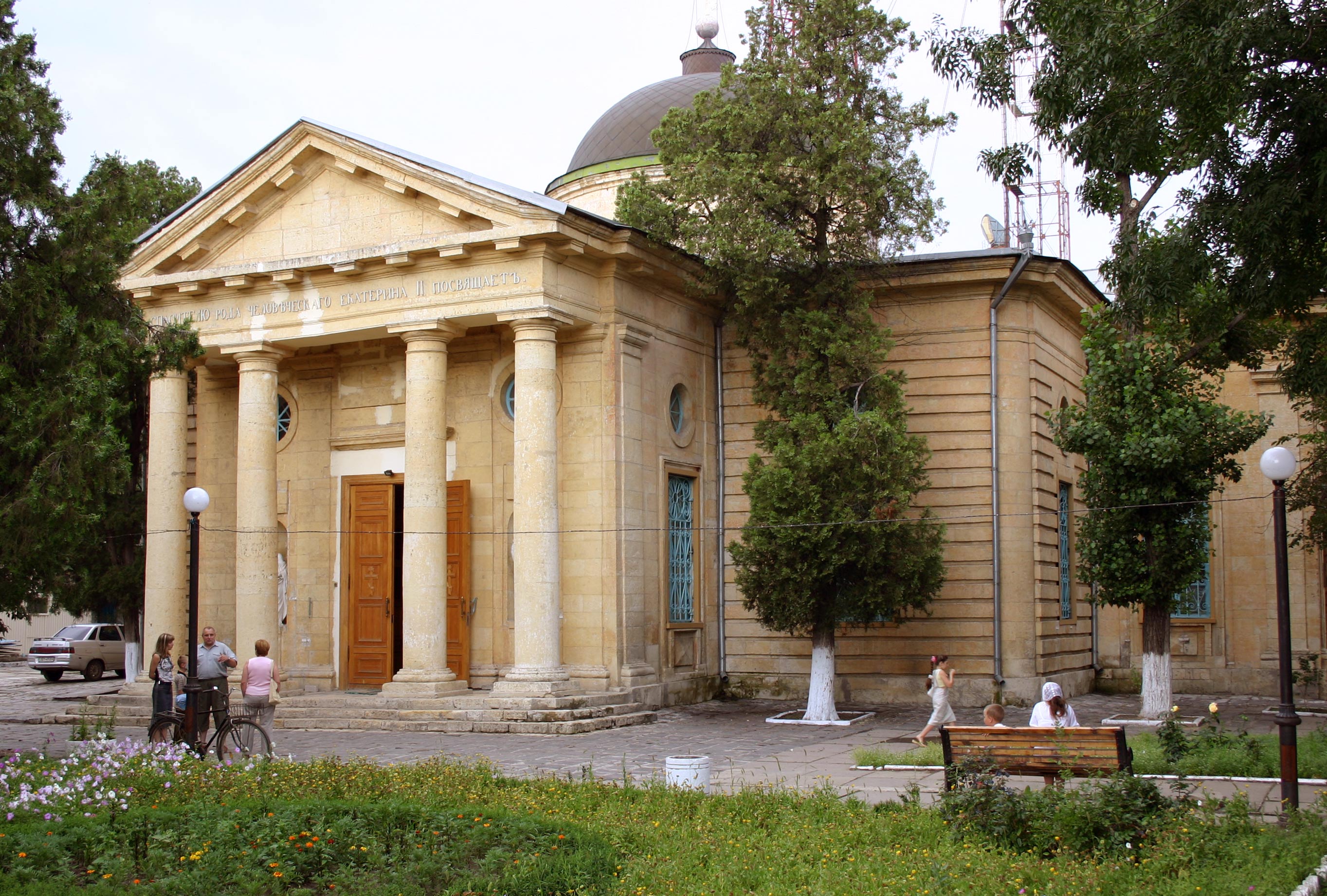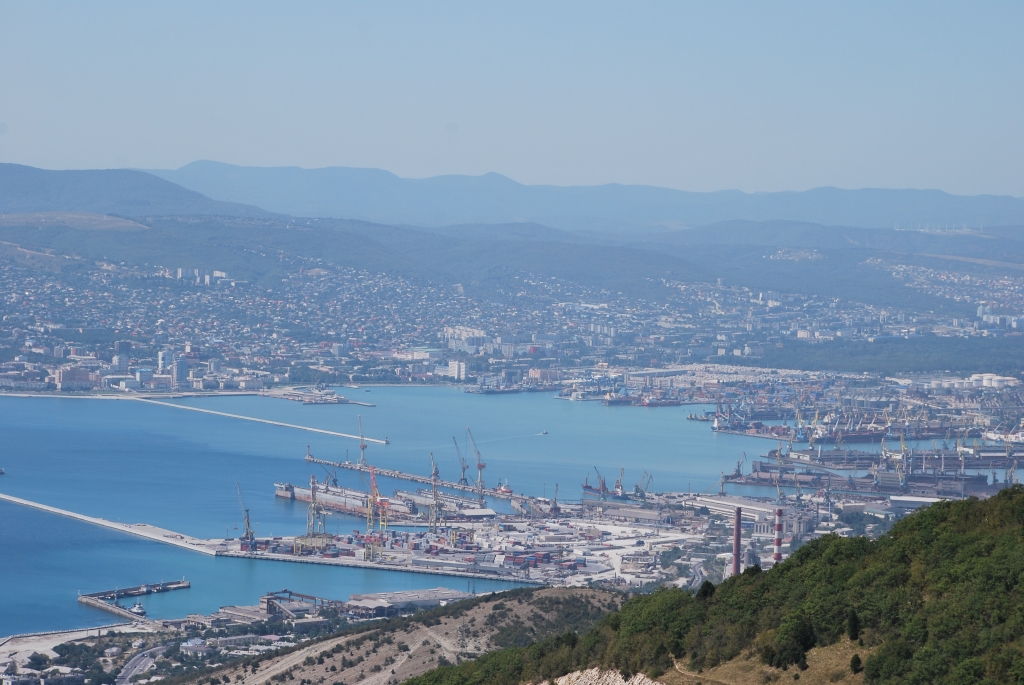|
Nikolai Lishin
Nikolai Grigorievich Lishin was a Russian Captain 1st Rank of the Russo-Japanese War and World War I. He commanded the '' General-Admiral Apraksin'' during the Battle of Tsushima and suffered an arrest of 4 years after surrendering the ship. Biography Nikolai was born on September 30, 1856, into a noble family from the Kherson Governorate as his parents were Lieutenant-General Grigory Nikolaevich Lishin and his wife Antonina Nikolaevna (née Erdeli). On September 15, 1872, Lishin attended the Naval Cadet Corps and graduated as a Gardes de la Marine on May 1, 1876, and promoted to Michman on August 30, 1877. He then partook in the Russo-Turkish War while serving in the Black Sea Fleet and made a part of the 5th Naval Crew on January 2, 1880. On October 21, 1881, Lishin took courses at the Training Artillery Detachment to become a senior artillery officer and was promoted to Lieutenant on January 1, 1882. He also received his first command as he commanded the 3rd company of the ... [...More Info...] [...Related Items...] OR: [Wikipedia] [Google] [Baidu] |
Kherson Governorate
The Kherson Governorate (1802–1922; russian: Херсонская губерния, translit.: ''Khersonskaya guberniya''; uk, Херсонська губернія, translit=Khersonska huberniia), was an administrative territorial unit (also translated ''gubernia'', ''province'', or ''government''), of the Russian Empire located between the Dnieper and Dniester Rivers. It was one of three governorates created in 1802 when the Novorossiya guberniya was abolished. It was known as the Mykolaiv or Nikolayev Governorate () until 1803, when Nikolayev was separated into a special Nikolayev War Governorate as a center of the Black Sea Fleet and the governor seat was moved to Kherson. The economy of the governorate was mainly based on agriculture. During the grain harvest, thousands of agricultural laborers from the parts of the Empire found work in the area. The industrial part of the economy, consisting primarily of flour milling, distilling, metalworking industry, iron mining, ... [...More Info...] [...Related Items...] OR: [Wikipedia] [Google] [Baidu] |
Russian Monitor Rusalka
''Rusalka'' (russian: Русалка, ''Mermaid''), was one of two s built for the Imperial Russian Navy in the 1860s. She served for her entire career with the Baltic Fleet. Aside from hitting an uncharted rock not long after she was completed in 1869, she had an uneventful career. ''Rusalka'' sank in a storm in 1893 with the loss of all hands in the Gulf of Finland. In 1902, a memorial was built in Reval (Tallinn) to commemorate her loss. Her wreck was rediscovered in 2003, bow-down in the mud, which has prompted a new theory regarding her loss. Design and description ''Rusalka'' was long at the waterline. She had a beam of and a maximum draft of . The ship was designed to displace , but turned out to be overweight and actually displaced . Her crew numbered 13 officers and 171 crewmen in 1877.McLaughlin, p. 156 The ship had two simple horizontal direct-acting steam engines, each driving a single propeller. The engines were designed to produce a total of using steam provi ... [...More Info...] [...Related Items...] OR: [Wikipedia] [Google] [Baidu] |
Novorossiysk
Novorossiysk ( rus, Новоросси́йск, p=nəvərɐˈsʲijsk; ady, ЦIэмэз, translit=Chəməz, p=t͡sʼɜmɜz) is a city in Krasnodar Krai, Russia. It is one of the largest ports on the Black Sea. It is one of the few cities honored with the title of the Hero City. Population: History In antiquity, the shores of the Tsemes Bay were the site of Bata ( el, Μπάτα), an ancient Greek colony that specialized in the grain trade. It is mentioned in the works of Strabo and Ptolemy, among others. Following brief periods of Roman and Khazar control, from the 9th century onwards, the area was part of the Byzantine θέμα Χερσῶνος ''Thema Khersonos'' (Province of Cherson). During the 11th century, the area was overrun and controlled by nomads from the Eurasian steppe, led by the Cumans. Later that century, the Byzantine emperor Ἀλέξιος Κομνηνός Alexios I Komnenos ( r. 1081–1118) was approached by Anglo-Saxon refugees, who had left En ... [...More Info...] [...Related Items...] OR: [Wikipedia] [Google] [Baidu] |
Russian Entry Into World War I
The Russian Empire gradually entered World War I during the three days prior to 28th July 1914. This began with Austria-Hungary's declaration of war against Serbia, which was a Russian ally. The Russian Empire sent an ultimatum, via Saint Petersburg, to Vienna, warning Austria-Hungary not to attack Serbia. Following the invasion of Serbia, Russia began to mobilise its reserve army near its border with Austria-Hungary. Consequently, on 31st July, German leadership in Berlin demanded Russian demobilisation. There was no response, which resulted in the German declaration of war on Russia on the same day (1st August 1914). In accordance with its war plan, Germany disregarded Russia and moved first against France, declaring war on 3rd August. Germany sent its main armies through Belgium to surround Paris. The threat to Belgium caused Britain to declare war on Germany on 4th August. The Ottoman Empire soon joined the Central Powers and fought Russia along their border. Historians resear ... [...More Info...] [...Related Items...] OR: [Wikipedia] [Google] [Baidu] |
Nikolai II
Nicholas II or Nikolai II Alexandrovich Romanov; spelled in pre-revolutionary script. ( 186817 July 1918), known in the Russian Orthodox Church as Saint Nicholas the Passion-Bearer,. was the last Emperor of Russia, King of Congress Poland and Grand Duke of Finland, ruling from 1 November 1894 until his abdication on 15 March 1917. During his reign, Nicholas gave support to the economic and political reforms promoted by his prime ministers, Sergei Witte and Pyotr Stolypin. He advocated modernization based on foreign loans and close ties with France, but resisted giving the new parliament (the Duma) major roles. Ultimately, progress was undermined by Nicholas's commitment to autocratic rule, strong aristocratic opposition and defeats sustained by the Russian military in the Russo-Japanese War and World War I. By March 1917, public support for Nicholas had collapsed and he was forced to abdicate the throne, thereby ending the Romanov dynasty's 304-year rule of Russia (1613� ... [...More Info...] [...Related Items...] OR: [Wikipedia] [Google] [Baidu] |
Saint Petersburg
Saint Petersburg ( rus, links=no, Санкт-Петербург, a=Ru-Sankt Peterburg Leningrad Petrograd Piter.ogg, r=Sankt-Peterburg, p=ˈsankt pʲɪtʲɪrˈburk), formerly known as Petrograd (1914–1924) and later Leningrad (1924–1991), is the second-largest city in Russia. It is situated on the Neva River, at the head of the Gulf of Finland on the Baltic Sea, with a population of roughly 5.4 million residents. Saint Petersburg is the fourth-most populous city in Europe after Istanbul, Moscow and London, the most populous city on the Baltic Sea, and the world's northernmost city of more than 1 million residents. As Russia's Imperial capital, and a historically strategic port, it is governed as a federal city. The city was founded by Tsar Peter the Great on 27 May 1703 on the site of a captured Swedish fortress, and was named after apostle Saint Peter. In Russia, Saint Petersburg is historically and culturally associated with t ... [...More Info...] [...Related Items...] OR: [Wikipedia] [Google] [Baidu] |
Russian Cruiser Admiral Greig
Russian(s) refers to anything related to Russia, including: * Russians (, ''russkiye''), an ethnic group of the East Slavic peoples, primarily living in Russia and neighboring countries * Rossiyane (), Russian language term for all citizens and people of Russia, regardless of ethnicity * Russophone, Russian-speaking person (, ''russkogovoryashchy'', ''russkoyazychny'') *Russian language, the most widely spoken of the Slavic languages *Russian alphabet *Russian cuisine * Russian culture * Russian studies Russian may also refer to: *Russian dressing *''The Russians'', a book by Hedrick Smith * Russian (comics), fictional Marvel Comics supervillain from ''The Punisher'' series *Russian (solitaire), a card game * "Russians" (song), from the album ''The Dream of the Blue Turtles'' by Sting *"Russian", from the album '' Tubular Bells 2003'' by Mike Oldfield *"Russian", from the album '' '' by Caravan Palace *Nik Russian, the perpetrator of a con committed in 2002 *The South African nam ... [...More Info...] [...Related Items...] OR: [Wikipedia] [Google] [Baidu] |
Finnish Gunboat Matti Kurki
''Matti Kurki'' (ex-''Voivoda'') was an escort ship for the Russian Imperial Yacht A royal yacht is a ship used by a monarch or a royal family. If the monarch is an emperor the proper term is imperial yacht. Most of them are financed by the government of the country of which the monarch is head. The royal yacht is most often c .... ''Voivoda'' was built in Prussia in 1892 for the Montenegrin king Nicholas I. The ship was purchased by the Russian Czar after Nicholas' money ran out. After the Russian revolution, the ship was taken over by the Finnish Navy and renamed ''Matti Kurki'', after a 13th-century legendary commander. She initially served as a minelayer, but was rebuilt into a gunboat in the 1920s. ''Matti Kurki'' was sunk as a gunnery practice target in the 1930s. She seems to have been lifted as some sources claim that she served as a floating anti-aircraft battery at Katajanokka, Helsinki, during the Winter War, armed with a 76 mm gun. See also *The sister ... [...More Info...] [...Related Items...] OR: [Wikipedia] [Google] [Baidu] |
Russian Gunboat Groza
Russian(s) refers to anything related to Russia, including: * Russians (, ''russkiye''), an ethnic group of the East Slavic peoples, primarily living in Russia and neighboring countries * Rossiyane (), Russian language term for all citizens and people of Russia, regardless of ethnicity * Russophone, Russian-speaking person (, ''russkogovoryashchy'', ''russkoyazychny'') *Russian language, the most widely spoken of the Slavic languages *Russian alphabet *Russian cuisine * Russian culture * Russian studies Russian may also refer to: *Russian dressing *''The Russians'', a book by Hedrick Smith * Russian (comics), fictional Marvel Comics supervillain from ''The Punisher'' series *Russian (solitaire), a card game * "Russians" (song), from the album ''The Dream of the Blue Turtles'' by Sting *"Russian", from the album '' Tubular Bells 2003'' by Mike Oldfield *"Russian", from the album '' '' by Caravan Palace *Nik Russian, the perpetrator of a con committed in 2002 *The South African nam ... [...More Info...] [...Related Items...] OR: [Wikipedia] [Google] [Baidu] |
Russian Cruiser Admiral Kornilov
''Admiral Kornilov'' was a protected cruiser of the Russian Imperial Navy. She was presumably named for Admiral Vladimir Alexeyevich Kornilov. The ship was laid down in 1886 and launched in 1887 at St. Nazaire in France. She was commissioned in 1888. ''Admiral Kornilov'' was long and wide, had a draught of and featured a large ram bow. She displaced . The armament consisted of ten /40?(35) guns, six 3-pounders (47 mm) and ten 1-pounders (37 mm) plus six torpedo tubes. During a refit in 1904/05 the main armament was changed to ten guns. The deck armor was between , the armor at the command tower was . Two horizontal triple-expansion steam engines with eight boilers gave her 5,977 ihp Horsepower (hp) is a unit of measurement of power, or the rate at which work is done, usually in reference to the output of engines or motors. There are many different standards and types of horsepower. Two common definitions used today are the ... and a top speed of . She ... [...More Info...] [...Related Items...] OR: [Wikipedia] [Google] [Baidu] |




